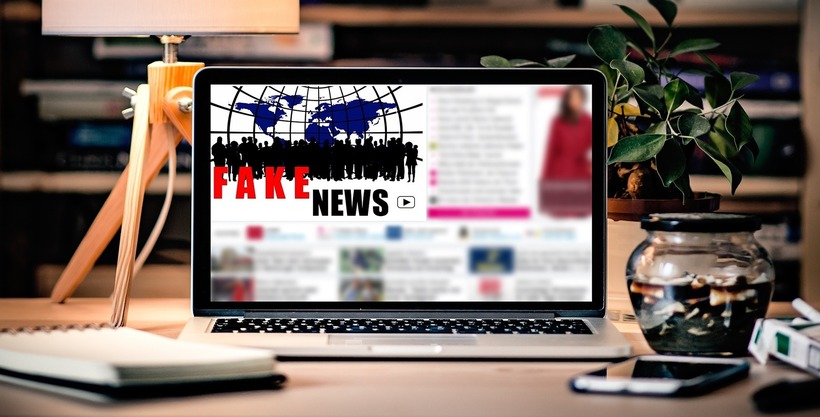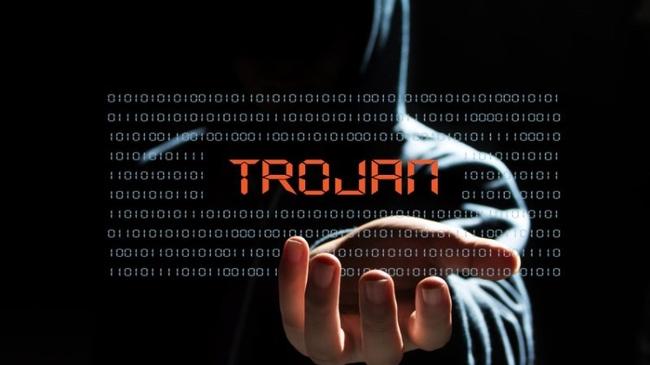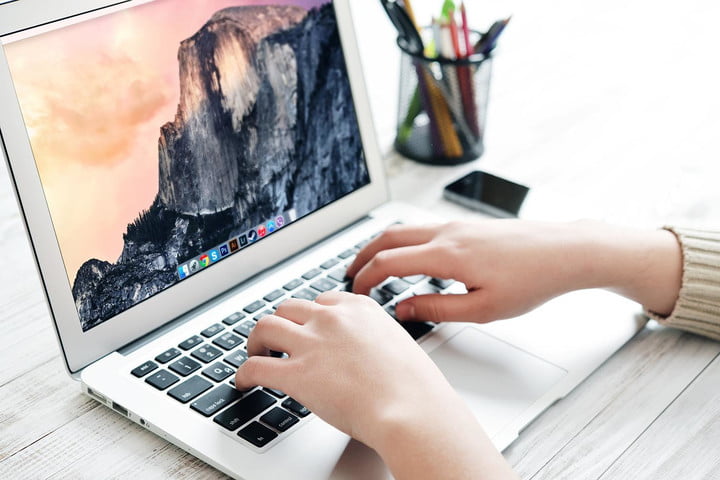
There are many opportunities afforded to SME’s from the rise of social media. However, social doesn’t just afford businesses the opportunity to rapidly communicate with customers and suppliers – it can also quickly pass on threats. Spammers, hackers and distributers of malware will be eager to parasite onto your social channels, leveraging the trust you have built with your audience to encourage them to download viruses or to part with credit card numbers and other sensitive information.
There are six simple steps you can take to help you secure your channels – and your reputation
Train your employees to recognize scams

How to Combat Fake News and Phishing Scams with Michael Levin from The CFISA
No amount of security will protect against a door that’s left open, and the same goes online. Ensure staff are kept up-to-date with common scams on the internet – many of them seem obvious to avoid, but it only takes one mistake.
Update your software

Better Cybersecurity Starts with Fixing Your Employees’ Bad Habits
That little dialogue box advising that Windows needs to reset to install updates always seems to appear at the worst possible times – however, it’s important that updates are installed. This is especially important for some older third party technologies such as Java and Flash – these updates can be easily ignored for years, leaving the machine wide open to entry using common, well known security holes. Anyone who can use Google can quickly discover how to exploit those holes.
Antivirus

Network Security Vs Cyber Security
SME’s tend to be terrible at this – The time and financial cost of keeping an Antivirus suite up to date pales in comparison to the time and cost of cleaning up a mess when (and it will happen) someone encounters a virus.
That means Macs too.

Can Macs get viruses and malware? We ask an expert
On the whole, the Apple ecosystem is less susceptible to malware than Windows – the lower market share, particularly in business, means that Apple hardware is a much less attractive target. That said, Apple rather stupidly ran an ad campaign a few years ago proclaiming that Macs don’t get viruses, and it hasn’t passed many would-be hackers attention that there are many open systems out there as a result. Don’t get caught out.
Block dangerous sites

How your employees put your organization at risk
Ensure your network blocks access to known ‘problem’ areas of the internet. Piracy sites are common sources of malware – you may be ok with your staff having the sport on while they work, but that illegal streaming site they’re trying to use will be leaving your site wide open to problems.



